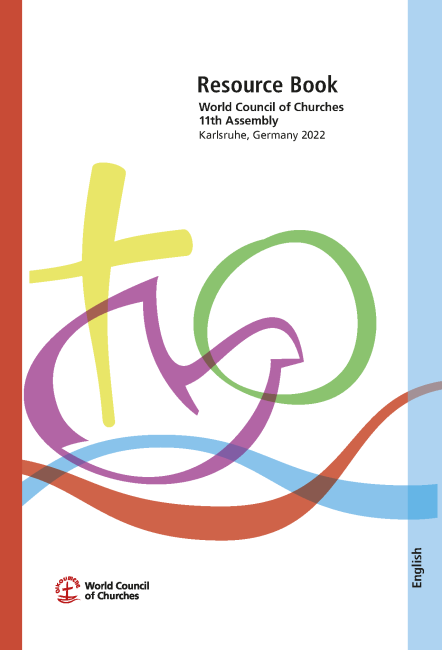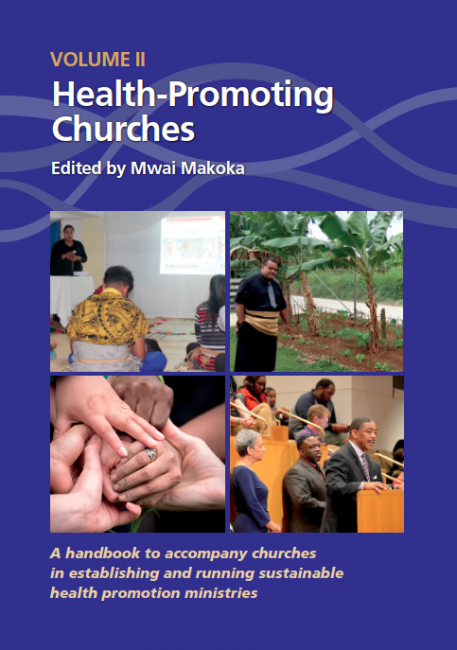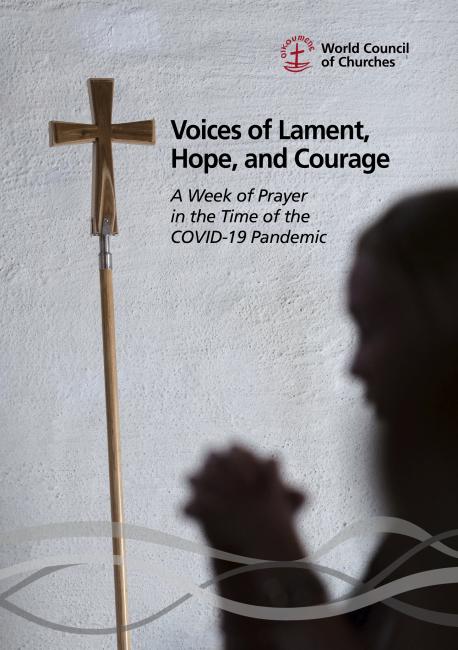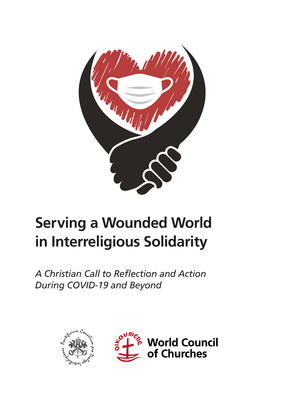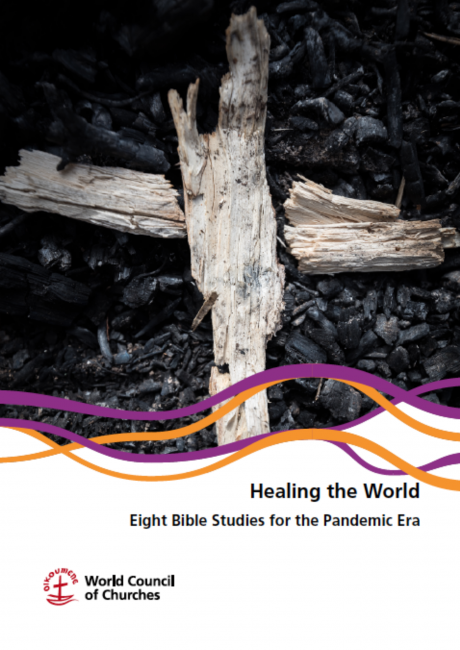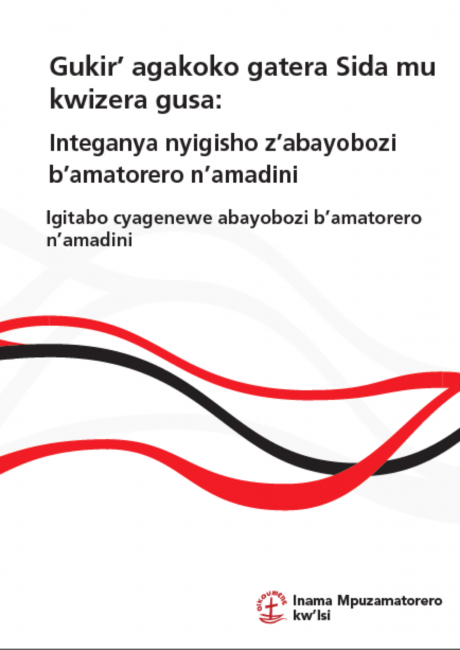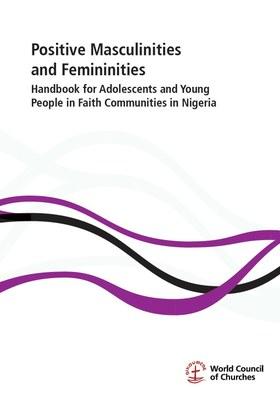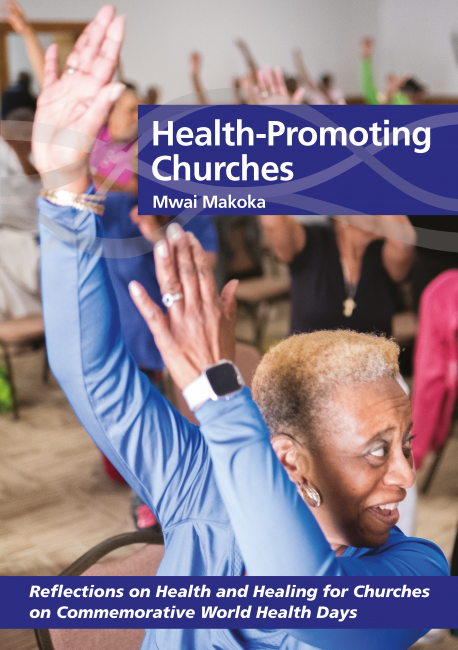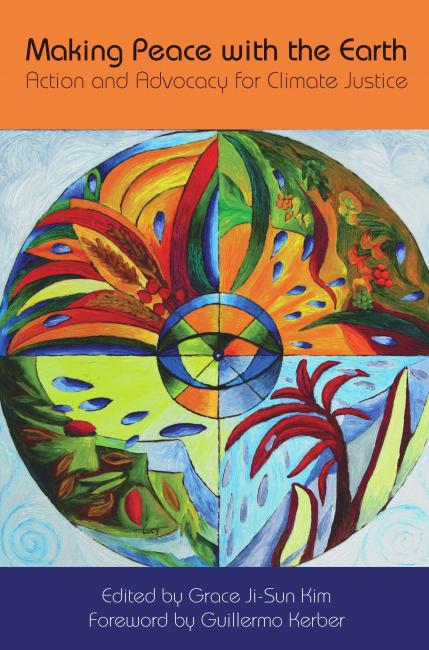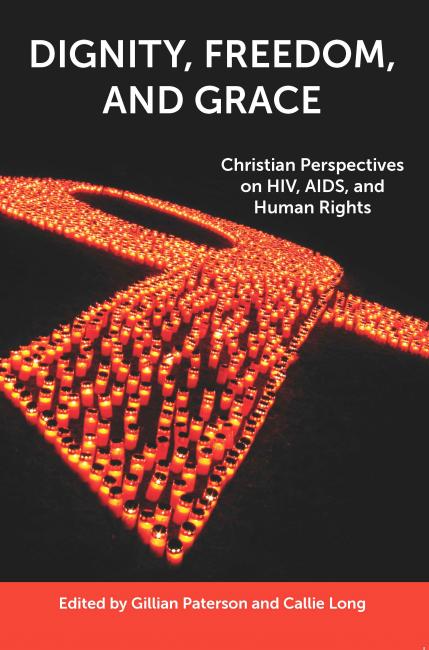Displaying 1 - 20 of 22
Executive Summary
23 March 2024
Recommended Practices to Combat HIV-Related Stigma
A Guidebook for Local Faith Communities
05 October 2023
Faith Sector Implementation of the Global AIDS Strategy
05 October 2023
Health-Promoting Churches Volume III
Contextual Bible Studies on Health and Healing
04 September 2022
Towards an Ecumenical Theology of Companionship: PJP Series 3
A Study Document for the Ecumenical Pilgrimage of Justice and Peace
19 August 2022
Health-Promoting Churches Volume II:
A handbook to accompany churches in establishing and running sustainable health promotion ministries
28 April 2021
Voices of Lament, Hope, and Courage
A Week of Prayer in the Time of the COVID-19 Pandemic
18 March 2021
Ecumenical Global Health COVID-19 Response Framework
12 November 2020
Serving a Wounded World in Interreligious Solidarity
A Christian Call to Reflection and Action During COVID-19 and Beyond
25 October 2020
Treatment Adherence and Faith Healing in the Context of HIV and AIDS in Africa
Training Manual for Religious Leaders
25 October 2020
Positive Masculinities and Femininities
Handbook for Adolescents and Young People in Faith Communities in Nigeria
19 October 2020
Healing Together
A Facilitator’s Resource for Ecumenical Faith and Community-Based Counselling
15 October 2020
Health-Promoting Churches Vol 1
Reflections on Health and Healing for Churches on Commemorative World Health Days
15 October 2020
Passion and Compassion: The Ecumenical Journey with HIV
15 March 2016





